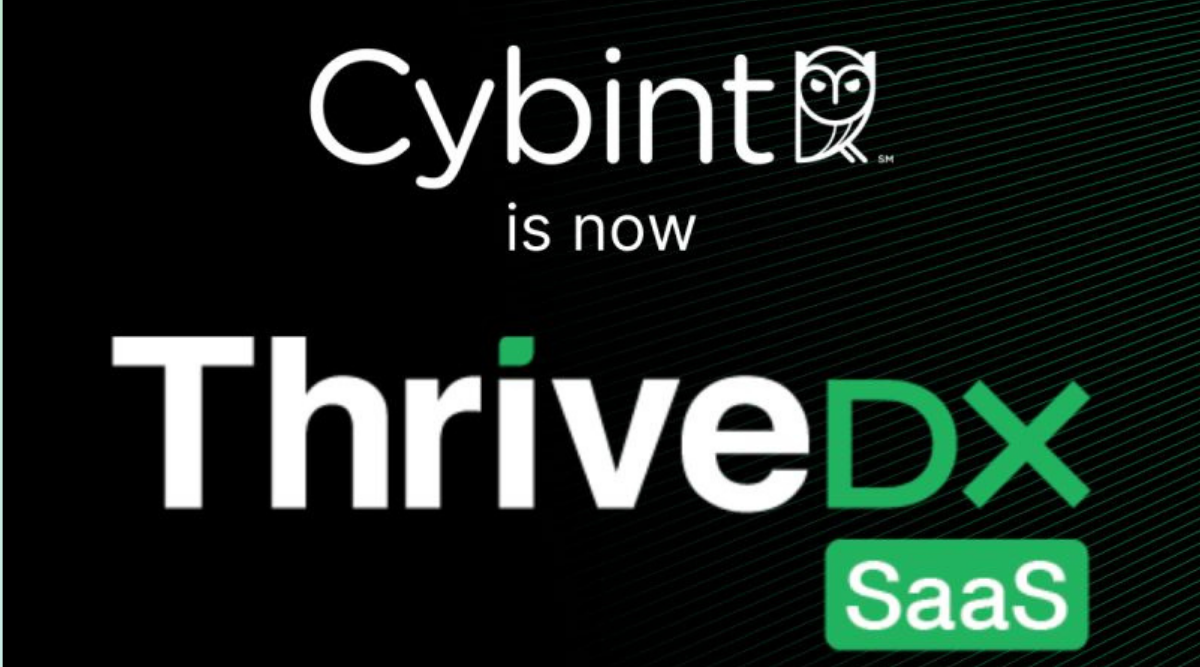As technology advances, we can fully utilize it and enhance our business goals and objectives. On the other hand, it has also made our IT networks more vulnerable to cyberattacks. Hackers have been devising newer methods by taking advantage of technology and data breaches are common. Research shows that in 2019, there were a total of 1473 breaches with almost 164.6 million records being exposed last year. Business data has a considerable risk of being tampered with then ever before.
The risk posed by data breaches applies to all small and new businesses, making cybersecurity training for startups all the more important. According to the Verizon Business 2020 Data Breach Investigations Report, around 28% of the data breaches in 2020 involved small businesses. Small businesses need to balance their meagre resources with robust systems and processes. As a result, they trade-off and allocate resources to more critical areas in the business. But the risks for data breaches have been increasing over the years, and small businesses and start-ups need to have robust IT systems to prevent data breaches.
Employees are an Entry Point
Hackers usually target employees with phishing emails to enter the networking systems of the organization. The APWG’s Phishing Activity Trends Report for Q1 2020 states that phishing attacks have risen and over 60,000 phishing sites reported in March alone.
It is essential to know the dangers of opening unsolicited emails and the risks it possesses. Similarly, it is necessary to have robust passwords for all employees. The passwords must follow global password best practices to make it difficult to be broken into through brute force attacks.
The team must also know about the latest IT policies. The risk profile of the business needs to be identified, and the IT policy must be updated at regular intervals. The employees must stay updated with the various risks that the start-up faces from cybercriminals. Cybersecurity training for startups need periodic training and workshops.

Need to Handle Networks Properly
Employees, especially those handling the networks, must know the best practices to manage the networks and VPN systems. There is an inherent need to create robust passwords that cannot be easily broken. Also, the team must update the software across the organization and the networks periodically. The software upgrades consider the vulnerabilities in the earlier versions and plug those loopholes.
The team must also know the upgraded IT infrastructure and ensure that only authorized personnel can have access to the critical systems. It is necessary to have constant monitoring on the systems. Relevant personnel should be alerted for any unauthorized access. Alerts and notifications must be set up for any attempt to enter the system without proper credentials.
Training in Simulated Conditions
The hackers are technologically armed, and the IT and networks professionals need to stay one step ahead. With more employees working from home, the risks have increased manifold. Ultimately, there is a lack of simulated cybersecurity training in real-time data breaches.
Training in simulated conditions allows your team to stay abreast with the latest techniques of preventing data breaches. The network professionals need to align their skills with the latest cybersecurity technologies. Moreover, the senior management should overview the preparedness of the team and check the response times of their personnel.

Periodic Trainings Help
Cybersecurity training for startups needs to remain well versed in preventing any cyberattack. It is necessary to help your start-up to save on the costs associated with a cyberattack that can even lead to the closing of your business.
The training should review website security and employee behavior. They should be aware of an SSL certificate that can save traveling information between the server and the browser. It is not new for tech world that many types of SSL certificate providers out there like Comodo SSL, GlobalSign, SSL2Buy, RapidSSL, etc. are useful in binding website security.
Conclusion
Cybercriminals are always on the lookout for loopholes in the networks of your business. Startups bear the brunt of their attacks. Your team needs to stay on top of the latest cybersecurity technology through regular training and simulated attacks.
To see how you can protect your organization, learn more about Cybint Complete.




